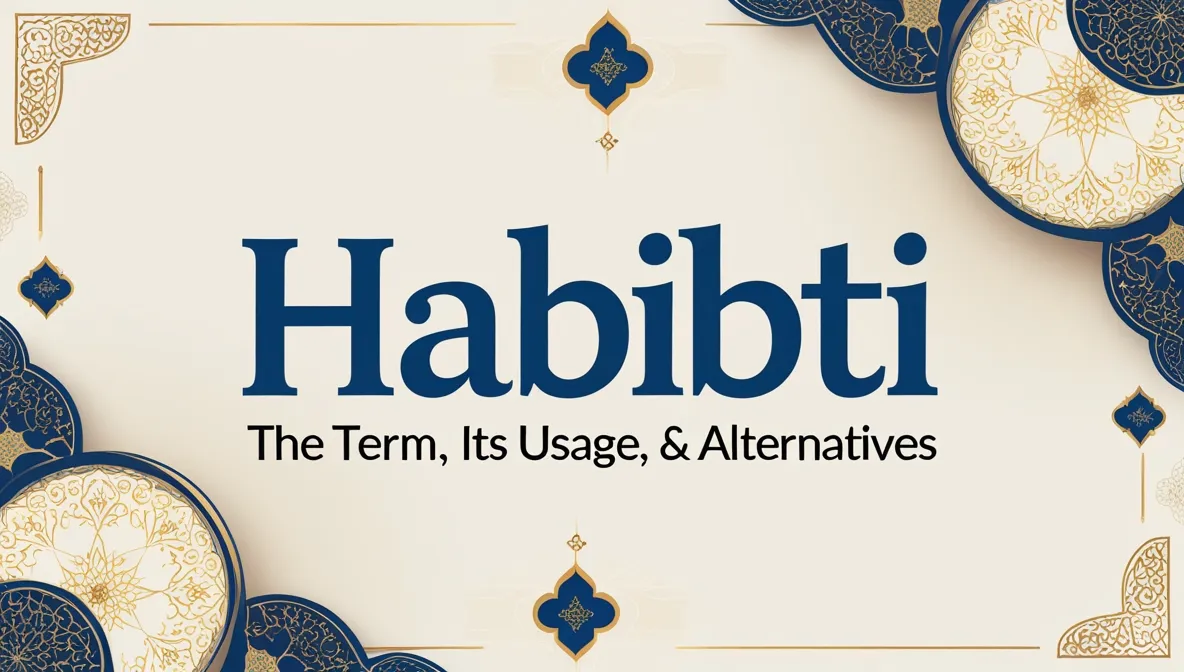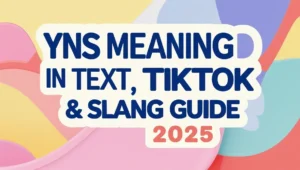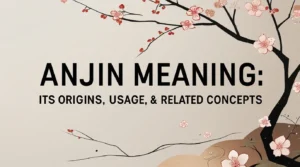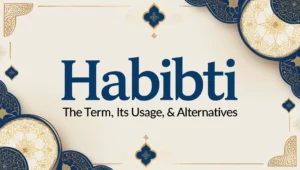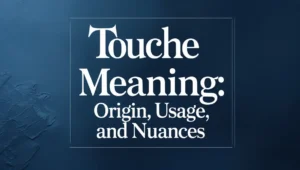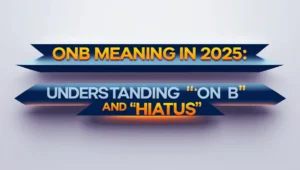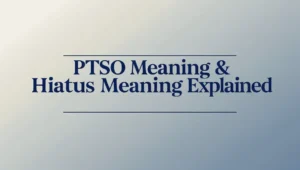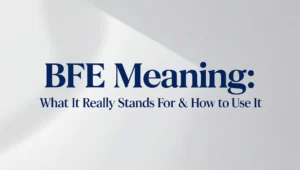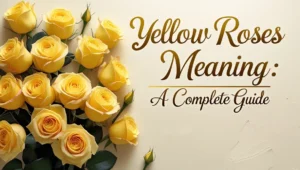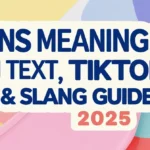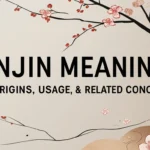In 2025, language is more colorful and global than ever, blending words from different cultures into everyday conversations. One term that has gained widespread popularity is Habibti—a warm and affectionate word used by millions around the world. If you’ve ever wondered about the meaning of Habibti, how it’s used, or what alternatives exist, you’re in the right place. This guide will unpack the Habibti meaning, explore its cultural significance, and provide alternatives to help you connect with loved ones in new ways. Whether you’re chatting with friends, exploring Middle Eastern culture, or just curious about language trends, understanding Habibti will enrich your communication in 2025 and beyond.
What Does Habibti Mean? Exploring the Term and Its Usage
The primary meaning of Habibti is simple yet powerful: it means “my beloved” or “my darling” in Arabic. The word comes from the root word “habib,” which means beloved or dear, with the suffix “-ti” added to make it feminine. It’s a term of endearment used to express love, affection, and warmth toward a female friend, family member, or partner.
In daily conversations, you might hear phrases like:
- “Hello, habibti! How are you today?”
- “Thank you, habibti, you’re so kind!”
How is Habibti Used in 2025?
The usage of Habibti has spread far beyond Arabic-speaking communities. Thanks to social media, music, and global cultural exchange, the word is now embraced internationally as a sweet, intimate expression of care. From influencers to casual conversations, Habibti conveys warmth and closeness in a way few other words can.
People use it to:
- Address loved ones affectionately.
- Add emotional warmth to messages.
- Connect with Arab culture respectfully and lovingly.
Alternatives to Habibti: Other Terms of Affection in 2025
While Habibti is beautiful, you might want alternatives that fit different situations or personalities. Here are some popular alternatives used today:
- Habibi – The masculine form of Habibti, meaning “my beloved” when addressing a male.
- Azizi – Means “my dear” or “my precious,” used affectionately regardless of gender.
- Habebti – A slight variation in spelling but the same affectionate meaning.
- Dear or Darling – English alternatives widely used across cultures.
- Ya Roohi – Means “my soul,” another affectionate Arabic phrase used between close loved ones.
These alternatives can be mixed depending on cultural context, gender, and relationship, allowing you to personalize your affection.
Why Is Habibti So Popular in 2025?
Several factors have helped Habibti gain traction in everyday language worldwide:
- Cultural Exchange: With globalization, people love borrowing heartfelt words from different languages.
- Social Media Influence: Influencers and content creators use Habibti in captions and stories, making it trendy.
- Music and Film: Arabic music and cinema have global audiences, spreading terms like Habibti organically.
- Universal Emotion: Everyone seeks to express love and care—Habibti fits perfectly for that.
Its soft, melodic sound also makes it enjoyable to say, which adds to its charm and continued popularity.
How to Use Habibti Respectfully and Correctly
If you want to use Habibti naturally, here are some tips:
- Use it only with females, since it’s the feminine form.
- Reserve it for people you know well or have a close relationship with.
- Be mindful of cultural context—some might find it too intimate if used casually.
- Pair it with warm tones, smiles, or affectionate gestures to convey sincerity.
Using Habibti with respect deepens relationships and honors its cultural roots.
5 Unique FAQs About Habibti
1. Can I call anyone Habibti? Not really. Habibti is a term of endearment typically reserved for close female friends, family, or partners. Using it with strangers may come across as overly familiar.
2. What is the masculine form of Habibti? The masculine equivalent is Habibi, used to address males affectionately.
3. Is Habibti used in formal Arabic? Habibti is mostly used in informal and affectionate speech rather than formal settings.
4. Are there regional differences in using Habibti? Yes, pronunciation and exact usage may vary slightly across Arabic-speaking countries, but the meaning stays consistent.
5. Can Habibti be used romantically? Absolutely! It’s often used between partners to express love and affection.
Conclusion
The word Habibti beautifully captures warmth, affection, and love in just one simple term. As it continues to spread globally in 2025, it offers a meaningful way to express connection across cultures. Whether you use Habibti itself or its many heartfelt alternatives, knowing its meaning and usage helps you communicate with more empathy and charm. So next time you want to say “my beloved” in a way that feels genuine and culturally rich, remember—Habibti is a perfect choice.

